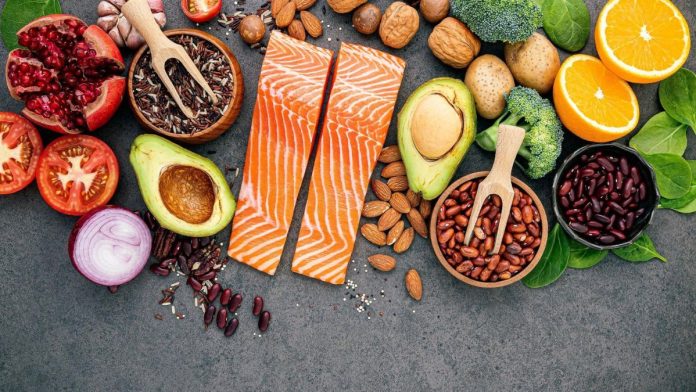Our digestive system is a complex and vital part of our body, playing an important role in our overall health and well-being. It’s not just about breaking down food; it’s about absorbing nutrients, supporting our immune system, and even influencing our mood and mental health. This intricate system, however, is highly sensitive to what we eat and drink, making our diet a key player in maintaining digestive health.
The Impact of Diet on Digestive Health
It’s important to be aware of the impact that your diet has on your digestive health. Here are some tips on how to maintain the right diet for digestive issues:
1. Nutrient Absorption: The Foundation of Health
A balanced diet rich in fruits, vegetables, whole grains, lean proteins, and healthy fats ensures that our body gets a wide range of essential nutrients. These nutrients are critical for the proper functioning of our digestive system and for the absorption of vitamins and minerals that support overall health.
2. Fibre: The Digestive Superstar
Fibre, found in plant-based foods, is a dietary hero for our gut. Soluble fibre, which dissolves in water, helps in softening stool, making it easier to pass. Insoluble fibre adds bulk to the stool, aiding in regular bowel movements. A high-fibre diet is also linked to a lower risk of digestive conditions like constipation, haemorrhoids, and diverticulitis.
3. Probiotics and Prebiotics: The Gut’s Allies
Probiotics are beneficial bacteria that live in our digestive tract, while prebiotics are the food that these bacteria feed on. Together, they maintain a healthy balance of gut flora, essential for digestion, nutrient absorption, and immune function. Fermented foods like yoghurt, kefir, and sauerkraut are excellent sources of probiotics, while prebiotics are found in foods like garlic, onions, and bananas.
4. Hydration: An Often Overlooked Factor
Water plays a critical role in digestion. It helps break down food so that your body can absorb the nutrients. Water also softens stool, which can help prevent constipation.
5. Moderation and Variety: Keys to Balance
Eating a variety of foods in moderation is crucial for digestive health. Overeating or consuming too much of a particular type of food can lead to discomfort, bloating, and other digestive issues.
Common Digestive Issues and Diet
- Acid Reflux and Heartburn: Spicy foods, caffeine, and fatty foods can trigger these conditions. A diet low in these triggers can help manage symptoms.
- Irritable Bowel Syndrome (IBS): For some, a low FODMAP diet (which reduces certain carbohydrates) can alleviate symptoms.
- Inflammatory Bowel Disease (IBD): A diet low in processed foods and rich in omega-3 fatty acids may help reduce inflammation.
Tips for a Gut-Friendly Diet
- Incorporate a Variety of Fibre-Rich Foods: Aim for a mix of soluble and insoluble fibre.
- Stay Hydrated: Drink plenty of water throughout the day.
- Include Probiotics and Prebiotics: Opt for a mix of fermented foods and fibre-rich prebiotics.
- Eat Mindfully: Take time to chew your food thoroughly and eat without rushing.
- Limit Processed Foods: These can contain additives and preservatives that may upset your digestive system.
In Conclusion
Your diet plays a pivotal role in maintaining your digestive health. A balanced, varied diet rich in fibre, probiotics, and hydration can support your digestive system, leading to better overall health. Remember, small changes in your diet can make a significant difference in how you feel and function. Listen to your body, and don’t hesitate to seek advice from a healthcare professional or a dietitian for personalised dietary recommendations.









